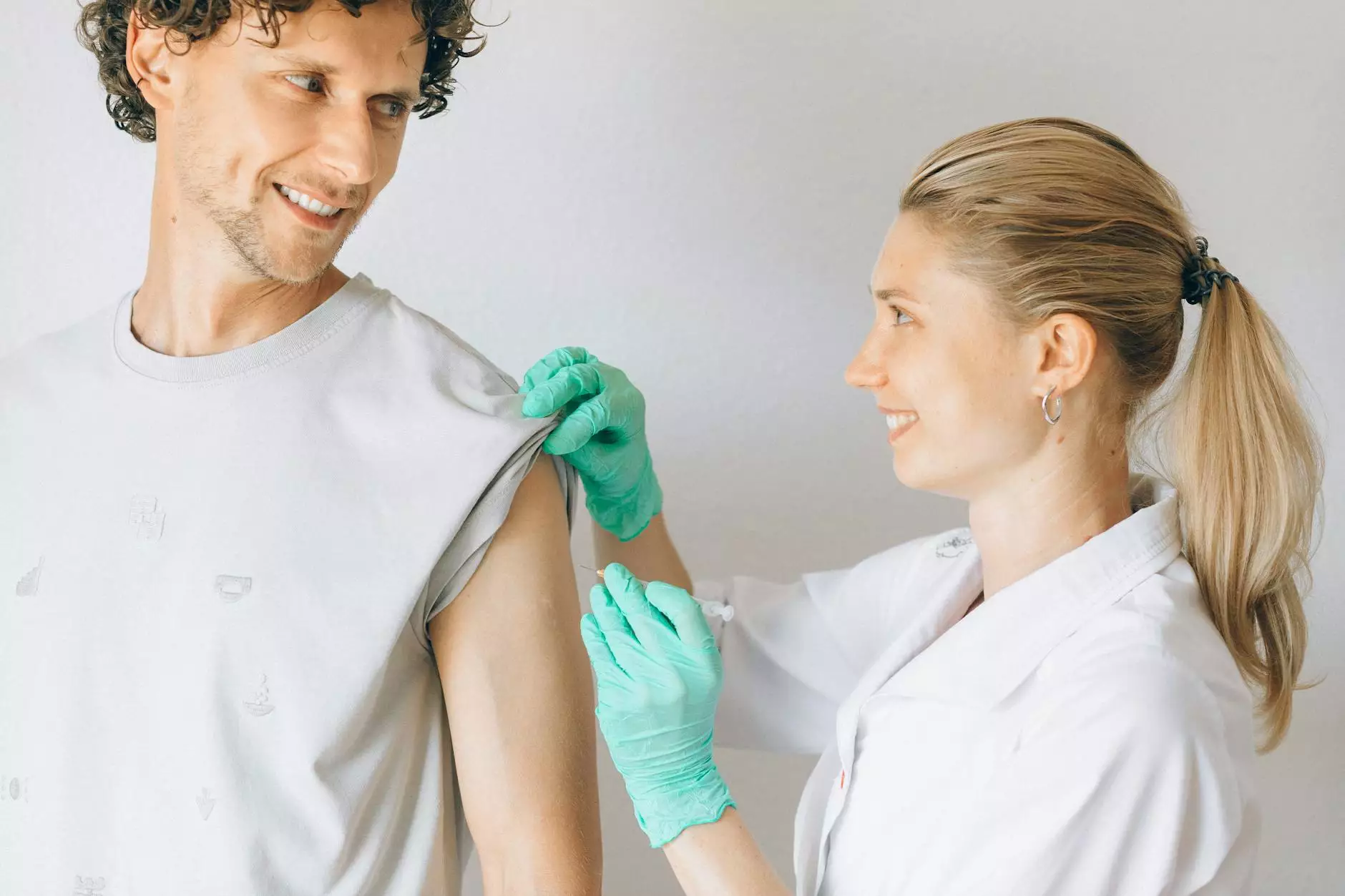COVID-19 Vaccine Q&A Video with Dr. Zarina Norton
About
Introduction
Welcome to Kimwell Nursing Home's COVID-19 Vaccine Q&A page. Here, we address some of the most frequently asked questions about the COVID-19 vaccine, providing you with valuable insights from Dr. Zarina Norton, an esteemed expert in the field of health and geriatric care.
About Dr. Zarina Norton
Dr. Zarina Norton is a highly respected physician specializing in geriatric and aging care. With over 20 years of experience, she has dedicated her career to improving the lives of elderly individuals and promoting their well-being. Dr. Norton's expertise in geriatric medicine makes her an invaluable resource when it comes to addressing concerns related to the COVID-19 vaccine for older adults.
COVID-19 Vaccine FAQs
1. How does the COVID-19 vaccine work?
The COVID-19 vaccine works by stimulating the immune system to recognize and fight the virus that causes COVID-19. The two main types of vaccines currently available are mRNA vaccines and viral vector vaccines. Both types teach our bodies to recognize the spike protein found on the surface of the virus, triggering the immune response without causing the disease itself.
2. Is the COVID-19 vaccine safe for older adults?
Yes, the COVID-19 vaccine is considered safe and effective for older adults. Extensive clinical trials have been conducted to ensure its safety and efficacy across different age groups, including elderly individuals. The vaccines have undergone rigorous testing and have been approved by regulatory authorities.
3. What are the potential side effects of the COVID-19 vaccine?
Like any vaccine, the COVID-19 vaccine may cause some minor side effects. Common side effects include pain or swelling at the injection site, fatigue, headache, muscle pain, and fever. These side effects are generally mild and temporary, lasting only a few days. Severe allergic reactions are rare but possible, which is why it's important to inform your healthcare provider of any known allergies.
4. Can the COVID-19 vaccine provide long-term immunity?
While the COVID-19 vaccine offers protection against the virus, the duration of immunity is still being studied. Current evidence suggests that individuals who have been vaccinated may have a reduced risk of severe illness or hospitalization if they contract COVID-19. However, it's crucial to continue following public health guidelines, such as wearing masks and practicing social distancing, until more is known about long-term immunity.
5. How can I schedule a COVID-19 vaccine appointment?
To schedule a COVID-19 vaccine appointment, you can visit the official website of your local health department or contact your primary healthcare provider. They will provide you with information on the availability of vaccines in your area and guide you through the appointment scheduling process.
Resources and Additional Information
At Kimwell Nursing Home, we understand the importance of staying informed about the COVID-19 vaccine. To help you access comprehensive information and resources, we have curated a list of trusted sources:
- Your Local Health Department: Visit their website for up-to-date information on vaccine distribution and appointment scheduling.
- Centers for Disease Control and Prevention (CDC): The CDC provides detailed information about COVID-19 vaccines, including safety, efficacy, and frequently asked questions.
- World Health Organization (WHO): The WHO offers global guidance on COVID-19 vaccines, addressing common concerns and providing accurate information.
Remember, getting vaccinated against COVID-19 not only protects yourself but also contributes to the overall well-being of your community. If you have any specific concerns or questions that are not addressed here, we encourage you to consult with your healthcare provider for personalized guidance.










